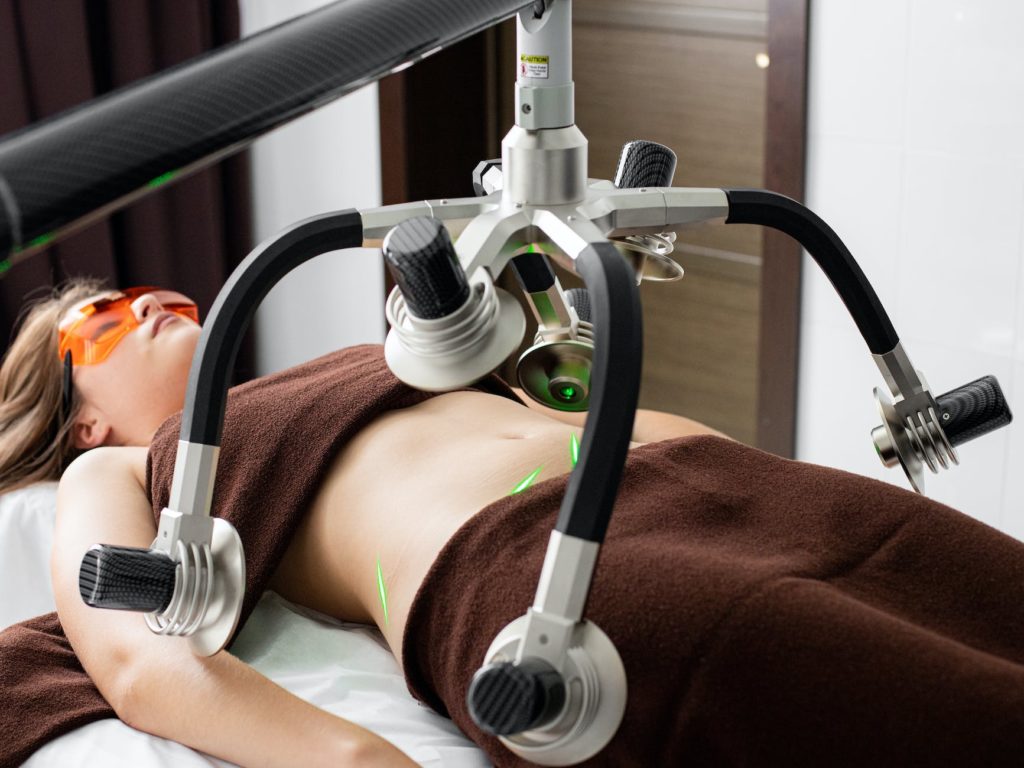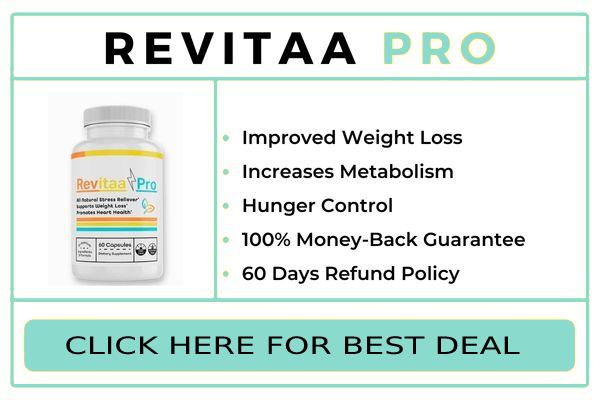The Ultra-Low-Fat Diet: Is It Right For You?
With so many different diet trends and fads out there, it can be difficult to know which one is right for you. One diet that has gained some attention in recent years is the ultra-low-fat diet, which aims to limit fat intake to just 10% of daily calories or less. In this article, we’ll take a closer look at this diet and explore whether it might be a good fit for your health and lifestyle goals.
What Is the Ultra-Low-Fat Diet?
The ultra-low-fat diet is a way of eating that emphasizes plant-based foods, such as fruits, vegetables, whole grains, legumes, and lean protein sources like chicken and fish. It encourages limiting high-fat foods like oils, nuts, seeds, and avocados to a minimum, with the aim of keeping total fat intake to no more than 10% of daily calories.
The diet was popularized in the 1990s by Dr. Dean Ornish, a cardiologist who developed a program based on this eating plan, along with exercise, stress management, and social support, as a way to reverse heart disease. Since then, other experts in the field of nutrition and health have also endorsed the ultra-low-fat approach as a way to improve overall health and prevent chronic diseases.
Benefits of an Ultra-Low-Fat Diet
One of the main benefits of an ultra-low-fat diet is that it can help you lose weight and reduce your risk of chronic diseases like heart disease, diabetes, and certain types of cancer. Since fat is a high-calorie nutrient, cutting back on it can help you reduce your overall calorie intake and create a calorie deficit, which is necessary for weight loss.
Additionally, an ultra-low-fat diet is rich in fiber, vitamins, and minerals, which are essential for good health. Fiber helps you feel full and satisfied, which can prevent overeating, while vitamins and minerals support your immune system, brain function, and other bodily processes.
Challenges of an Ultra-Low-Fat Diet
While an ultra-low-fat diet can offer many benefits, it’s important to note that it may not be suitable for everyone. One challenge of this diet is that it
An ultra-low-fat diet is a dietary approach that emphasizes the consumption of foods with very low-fat content. The diet typically restricts fat intake to 10% or less of total calorie intake, which is significantly lower than the 20-35% recommended in a typical healthy diet.
The main idea behind an ultra-low-fat diet is that by reducing fat intake, you will also reduce your calorie intake, which can lead to weight loss and improved health outcomes. Research has shown that an ultra-low-fat diet can be effective for weight loss and can improve cholesterol levels, blood pressure, and insulin sensitivity.
What foods are included in an ultra-low-fat diet?
An ultra-low-fat diet primarily includes plant-based foods such as fruits, vegetables, whole grains, legumes, and low-fat dairy products. It also limits high-fat animal products such as meat, cheese, butter, and fatty fish. Instead, lean protein sources such as poultry, fish, and plant-based protein sources like beans, lentils, and tofu are recommended.
Healthy fats such as those found in nuts, seeds, and avocados are also included in moderation. It is important to note that an ultra-low-fat diet may be deficient in certain nutrients such as vitamin E, vitamin D, and essential fatty acids, so it is essential to work with a registered dietitian or healthcare provider to ensure adequate nutrient intake.
Benefits of an Ultra-Low-Fat Diet
An ultra-low-fat diet can provide a number of health benefits, including:
Lower risk of heart disease: An ultra-low-fat diet can help lower cholesterol levels, which can reduce the risk of heart disease.
Weight loss: An ultra-low-fat diet can be effective for weight loss, as it is low in calories and high in fiber.
Reduced inflammation: An ultra-low-fat diet has been shown to reduce inflammation in the body, which can help prevent chronic diseases.
Better digestion: An ultra-low-fat diet can help improve digestion and reduce symptoms of digestive disorders such as acid reflux and irritable bowel syndrome.
Drawbacks of an Ultra-Low-Fat Diet
While an ultra-low-fat diet can provide a number of health benefits, it may not be appropriate for everyone. Some potential drawbacks of an ultra-low-fat diet include:
Difficulty meeting nutrient needs: An ultra-low-fat diet may make it difficult to get enough essential fatty acids, which are important for brain and heart health.
Difficulty sticking to the diet: An ultra-low-fat diet can be difficult to stick to, as it may require significant changes to one’s eating habits.
Reduced satiety: An ultra-low-fat diet may not provide enough fat to help you feel full and satisfied after meals.
Risk of nutrient deficiencies: An ultra-low-fat diet may not provide enough of certain vitamins and minerals, such as vitamin D, vitamin E, and calcium.
Final Thoughts
An ultra-low-fat diet can provide a number of health benefits, but it may not be appropriate for everyone. Before starting an ultra-low-fat diet, it’s important to talk to your healthcare provider to determine if it’s right for you. If you do decide to try an ultra-low-fat diet, be sure to include a variety of nutrient-rich foods to ensure that you’re meeting your nutrient needs.
DISCLAIMER:
This information is not presented by a medical practitioner and is for educational and informational purposes only. The content is not intended to be a substitute for professional medical advice, diagnosis, or treatment. Always seek the advice of your physician or other qualified healthcare providers with any questions you may have regarding a medical condition. Never disregard professional medical advice or delay in seeking it because of something you have read.
Since natural and/or dietary supplements are not FDA-approved they must be accompanied by a two-part disclaimer on the product label: that the statement has not been evaluated by FDA and that the product is not intended to “diagnose, treat, cure or prevent any disease.”





